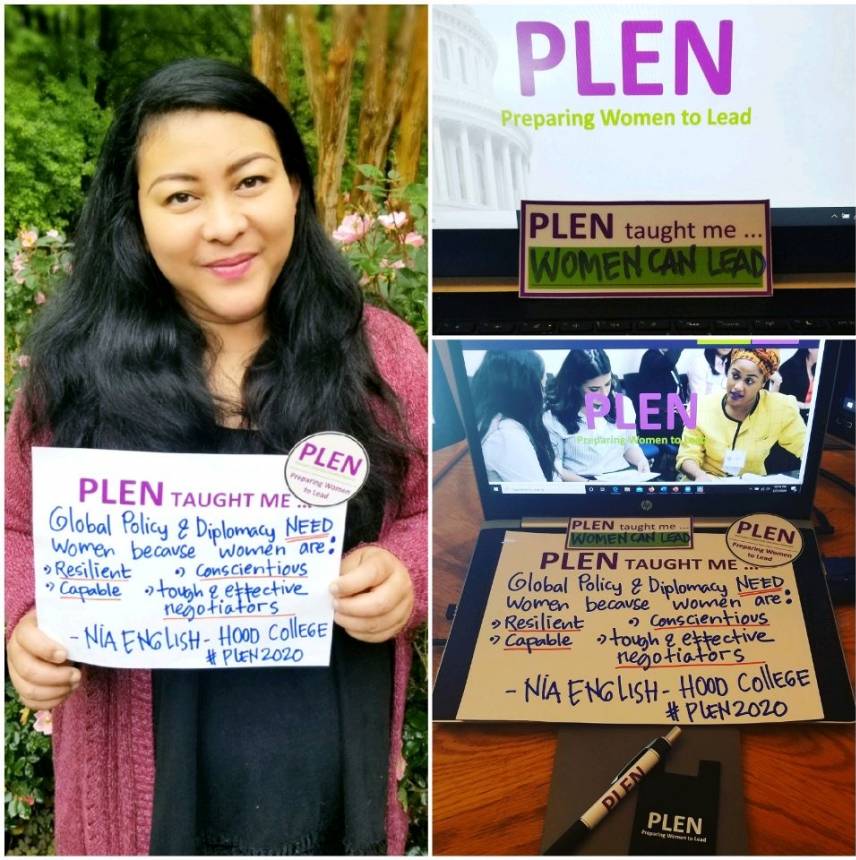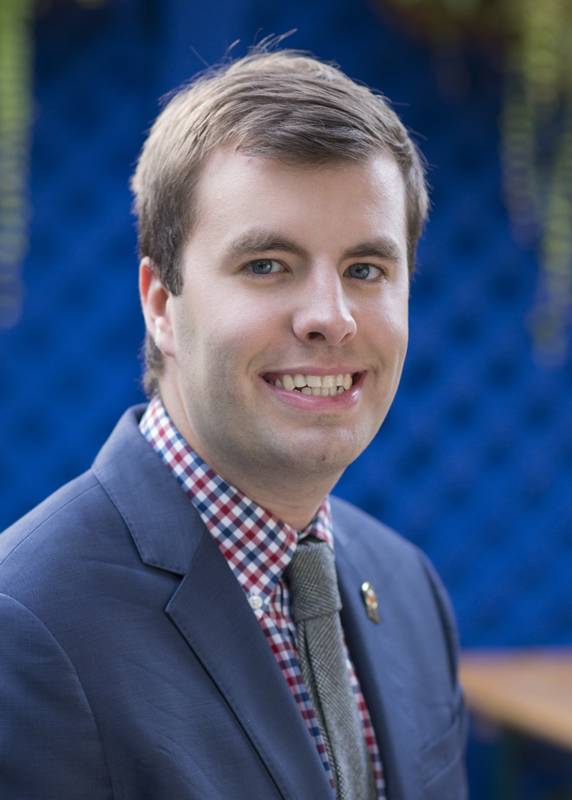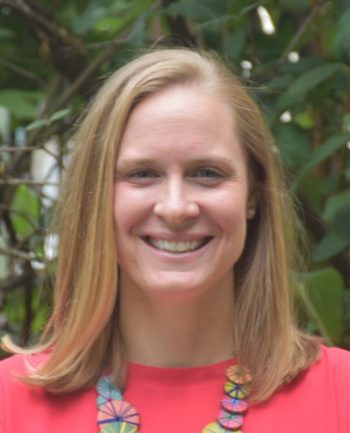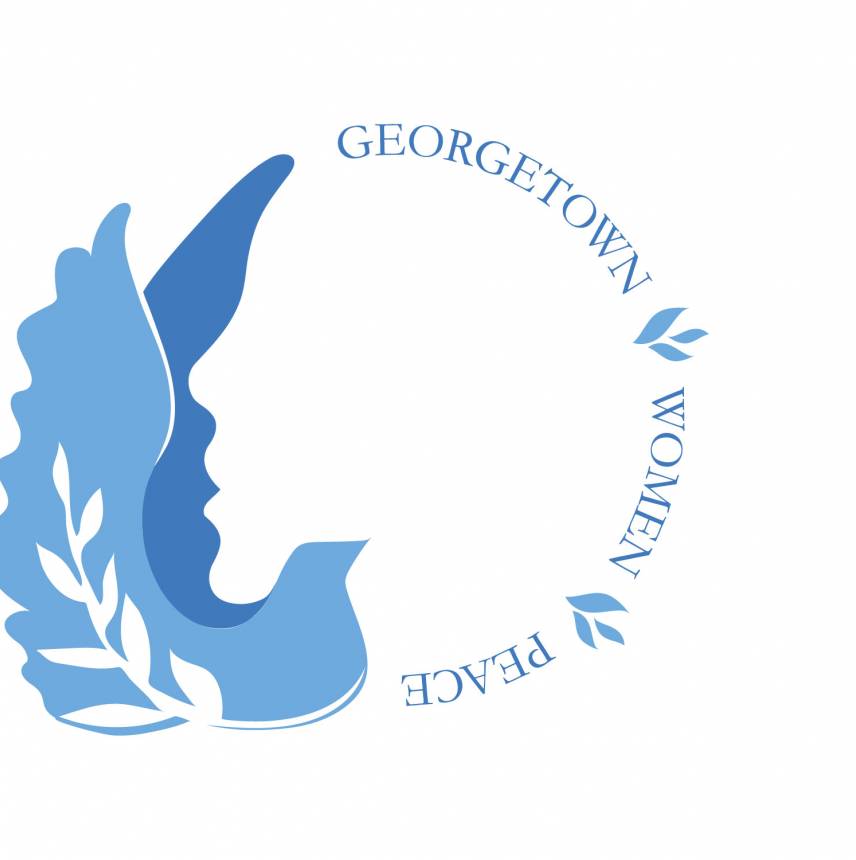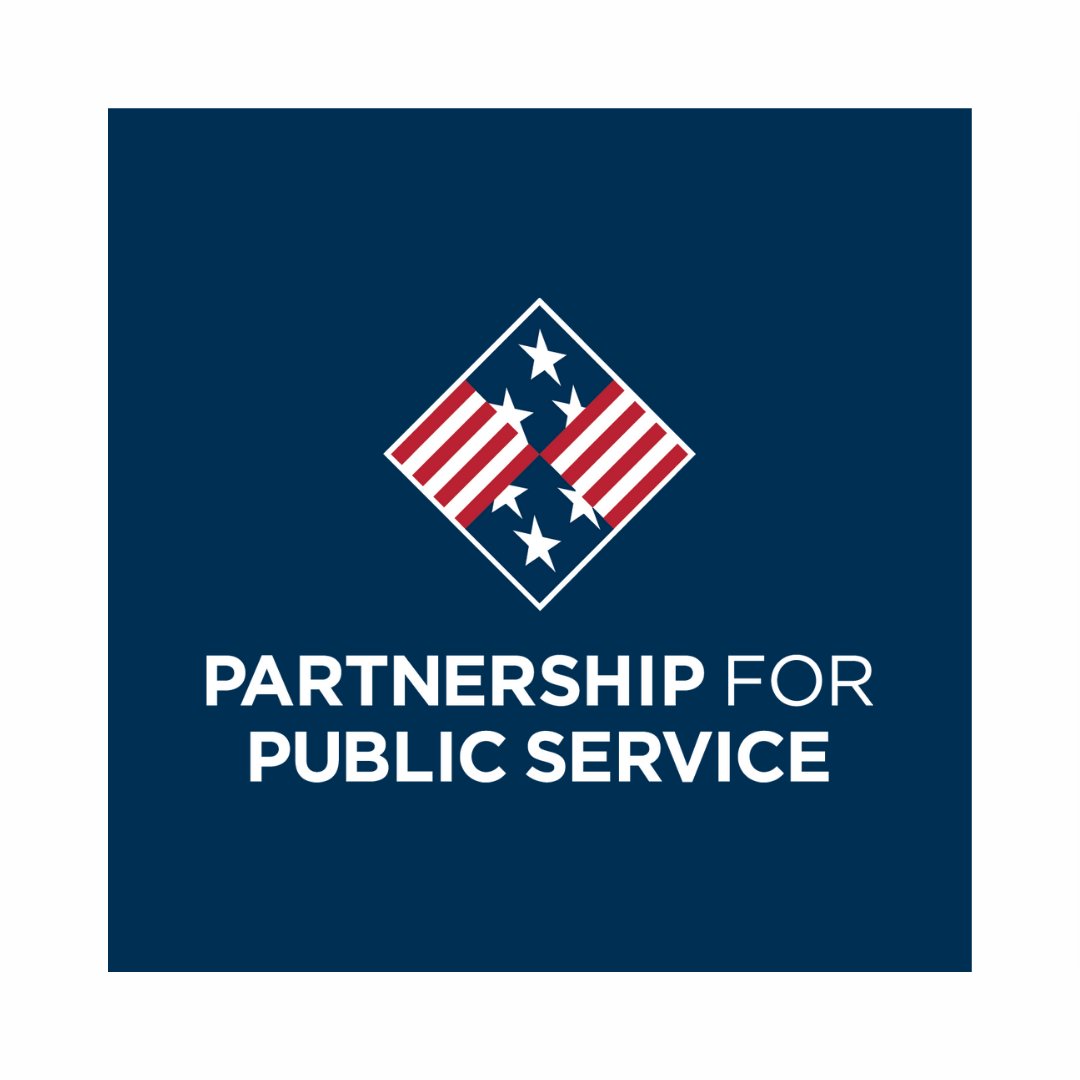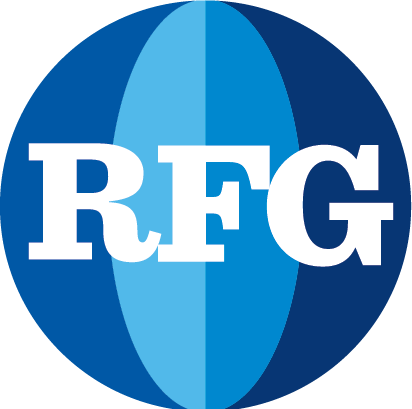
Dr. Michael Schneider, RFG Fellows’ Career Adviser and director of the Maxwell School of Syracuse University’s Washington Public Diplomacy Program, offers sage advice during these difficult times for our Fellows, alumni, and others in public service.
The challenges of equal opportunity and inclusion are not new to the federal service. Yet, today’s nationwide protest against racism and for fairness calls for a fresh look at progress and challenges in all our institutions, including the United States government (USG).
In our June 8 statement the foundation reaffirmed its “.… commitment to support and promote policies, practices and education that enhance the federal government to ensure freedom and security for people of color and all Americans.” The statement goes on:
RFG will work to cultivate leaders who act responsibly and foster hope and encourage the best of institutions and citizens to live up to the principles of America and equitably address challenges for the strength of our nation and the world. RFG applauds the efforts of civil servants at all levels of government who seek to address the failures of American society to live up to its ideals, to preserve constitutional rights, and empower government institutions that make the realization of those ideals possible.
A Half-Century of Sporadic Efforts
Today’s national debate follows a half-century of periodic efforts by Congress and the Executive Branch to broaden equal opportunity, inclusion and diversity in the USG. Title VII of the Civil Rights Act of 1964 prohibits employment discrimination based on race, color, religion, sex and national origin. Executive Orders from 2000 (Hispanic Employment in the Federal Government) directed agencies and departments “…. to implement programs for recruitment and career development of Hispanic employees and established a mechanism for identifying best practices in doing so.”
Fast forward through several other legislative and Executive initiatives. In 2011 Executive Order 13583 called for the Feds to ‘endeavor to achieve a work force from all segments of society… As the Nation’s largest employer the Federal Government has a special obligation to lead by example. Attaining a diverse qualified workforce is one of the cornerstones of the merit-based civil service.”
Overall federal employment patterns paint a mixed picture
A 2017 OPM Report shows: “…diversity levels have improved little, stayed flat or, in some cases, regressed over the most recent period studied.” In FY 2017, the percentage of minorities in the permanent Federal workforce increased by 0.7 percentage points from 36.4% in FY 2016 to 37.1% in FY 2017. The comparable percentage of the Civilian Labor Force (CLF) is 37.4%.
About 15 percent of the national workforce are Hispanic Americans. Hispanics comprise just 8.6 percent of federal employees overall, while African Americans are 10.5 percent of the civilian labor force and 18.4 percent of federal employees but not in the higher GS ranks.
These are broad figures and disguise the significant variations among different federal agencies. According to the OPM report, Blacks in federal service range from about 38 percent in Education and HUD to 5.6 in Interior. Hispanics represent 22 percent in DHS down to 3.3 percent in HHS. Women comprised 64.9 percent in HHS down to 26.2 percent in DOT.
A 2019 report by OPM cites figures for FY 2017 that show little if any improvement in federal employment for Black Americans and women.
The percentages of the workforce comprised by each group for which data is collected are as follows:
- 8.6% Black
- 8.9% Hispanic
- 5.9% Asian
- 0.5% Native Hawaiian/Pacific Islander
- 1.6% American Indian/Alaska Native
- 1.6% Non-Hispanic Multiracial
- 62.9% White
The overall distribution of Federal employees is 56.7% male and 43.3% female.
The report also contains a section on successful and promising practices for greater inclusion.
The Senior Executive Service Lags Behind and Sets a Poor Example
The report also discusses the Senior Executive Service, where the percentage of minorities lingered at 21.2 % in FY 2016. The gap between white men in top positions and other groups has been substantial. White people accounted for 78.8 percent of senior executives in 2015 and 2016 and were 66.4 percent of the national labor force.
Minority representation in the Senior Executive Service (SES) decreased from 21.2% in FY 2016 to 20.7% in FY 2017. The percentages of the SES comprised by each group for which data is collected are as follows:
- 10.4% Black,
- 4.6% Hispanic
- 3.5% Asian
- 0.2% Native Hawaiian/Pacific Islander,
- 1.2% American Indian/Alaska Native
- 0.8% Non-Hispanic Multiracial
- 79.2% White
The overall distribution of the SES is 66.0% male and 34.0% female.
These statistics might be considered a baseline to compare and contrast changes in the past three years. It’s important also to examine the percentages of minority Americans in professional and leadership positions in the USG overall, in addition to the SES.
Focusing on the State Department
A recent GAO study found almost miniscule improvements in diversity and promotion patterns over the past two decades!
“The overall proportion of racial or ethnic minorities in the Department of State’s full-time, permanent, career workforce increased from 28 to 32 percent from fiscal year 2002 to fiscal year 2018. The direction of change for specific groups varied. For instance, the proportion of Hispanics increased from 5 percent to 7 percent, while the proportion of African Americans decreased from 17 to 15 percent. Also, the proportion of racial or ethnic minorities and women was lowest at management and executive levels.” Through longstanding efforts of the Rangel and Pickering Fellows Programs, the Foreign Service has changed a little more, but the Civil Service has not.
The proportion of African Americans employed at State has declined over the years, though the overall number of racial and ethnic minorities has increased slightly, the report said.
Women and minorities were promoted to management and executive ranks at a lower rate than their white and male counterparts. The report said many factors could be at play.
The Department of Defense has long been the incubator of change in American society
Since President Harry S. Truman’s decision to integrate U.S. military forces, the Department of Defense (DoD) has long served as an agent of social change. After integration — an ongoing process — concerns remain about promotion both in the ranks and among senior officials. The DoD experience has epitomized every point of conflict over discrimination in American society and our ongoing if awkward effort to open opportunity, from the debate over racism and equal opportunity of African Americans including senior leadership roles, to the issues of women in combat and command, LGBTQ+ participation and other concerns.
A Pew Research Center report shows that “As the country has become more racially and ethnically diverse, so has the U.S. military.” Racial and ethnic minority groups made up 40% of Defense Department active-duty military in 2015, up from 25% in 1990. (In 2015, 44% of all Americans ages 18 to 44 were racial or ethnic minorities, according to the Pew report.)
In the same year, Black Americans made up 17% of the DoD active-duty military – somewhat higher than their share of the U.S. population ages 18 to 44 (13%). Blacks have consistently been represented in greater shares among enlisted personnel (19% in 2015) than among the commissioned officers (9%). The share of the active-duty force that is Hispanic has risen rapidly in recent decades. In 2015, 12% of all active-duty personnel were Hispanic, three times the share in 1980.”
The challenge in the military as for State and other federal departments is that Black Americans notably are under-represented at senior levels.
One Alum’s Experience
RFG Alumna Ana Monzon has long taken the issues to heart and now at USDA has been asked to help make a difference in that sprawling federal agency.
Ana writes her appreciation of being the first Hispanic woman to receive the Robertson Fellowship at the Maxwell School.
“ …..I want to express my gratitude for the message from the RFG Board of Directors and my hopes that in your vow to “support and promote policies, practices and education that enhance the federal government to ensure freedom and security for people of color,” you move forward with tangible and intentional decisions to achieve this goal. “
As a civil service employee of the Foreign Agriculture Service, Ana has been asked to be part of a discussion group in USDA to help review and revise current practices and policies “…. I feel that these tough times, while bringing about much hardship to the Black community, also present an opportune moment, from the personal to the institutional, to bring about much-needed change – and this type of democratic mobilization and possibility is what makes me most proud to be an American.”
Our sentiments as well: pride in Ana’s accomplishment and commitment and hopes that we all can contribute to federal agencies and our own communities.
What can the RFG community do?
We all can dedicate a measure of our time and energy to helping. Change is never neat or simple; it comes about through compelling public conflicts over injustices, but also results from countless unseen efforts. (As a lifetime SEA member, I’ll volunteer to help mentor minorities and women for opportunities to move up.)
To change a system, a “whole of society” approach is needed. It must be strategic, not episodic.
Greater diversity and inclusion in the federal service require:
- An ongoing talent search
- Incentives that help the Feds compete with the private and non-profit sectors
- Mentoring at all levels of government service
- Educational links with American colleges and universities, including the HBCUs
- Educational efforts from pre-K upward
- Leadership at every level and in every sector of the federal system
- Broader societal efforts to foster public trust in inclusive government
- And at the other extreme, individual actions – mentoring, care and compassion.
It might be a cliché, but a federal service that looks like America is valid and important, because it draws on a key national strength, our diversity.
How can each of us make a difference? Your shared experiences and ideas for this would be greatly appreciated.

